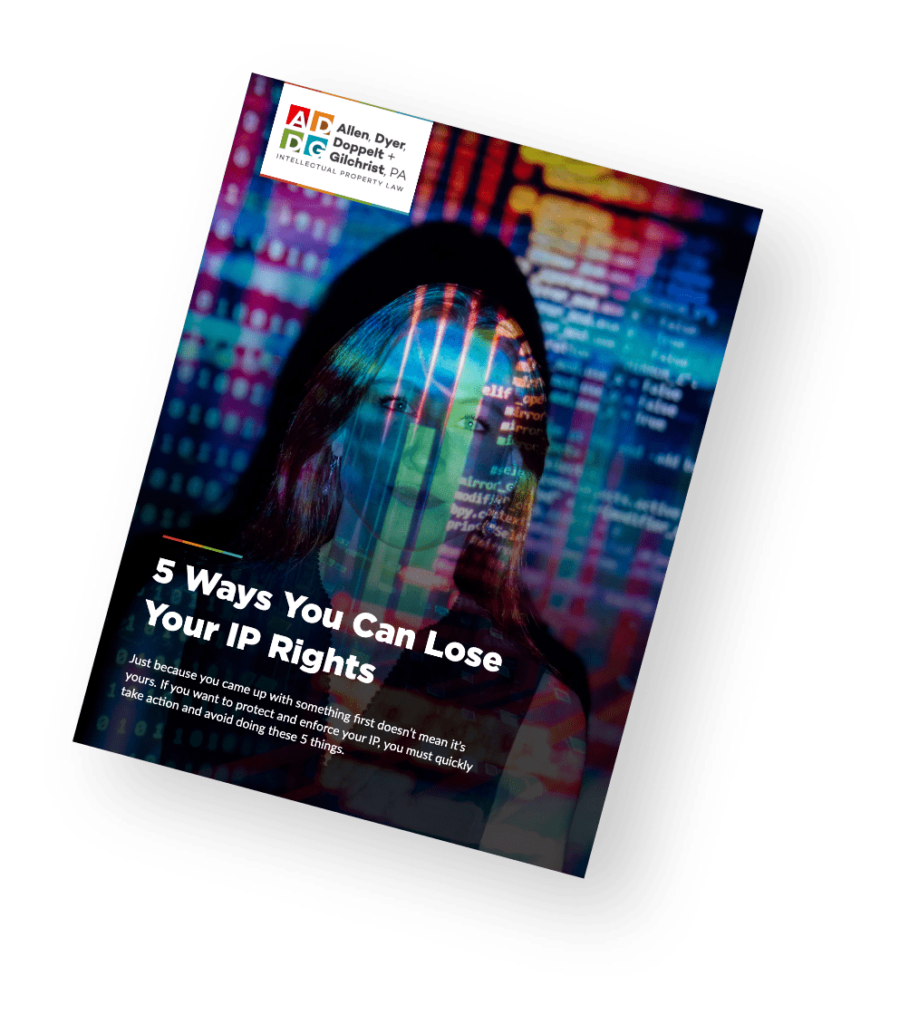If you are a patent owner, or you have recently been granted a patent by the United States Patent and Trademark Office (USPTO), your next question is probably, “How do I make money on my idea?” If you don’t already have an answer to that question, the good news is that there are lots of ways to make money as a patent holder. The easiest method is simply to sell your patent outright, and we’ll talk about how to sell a patent in this article.
However, you can also choose to license your patent, or go into business manufacturing and selling the product in question yourself. The choice will depend on your own goals, abilities, resources, and market conditions.
What is a Patent?
A patent is a type of intellectual property right granted under federal law which gives the holder “the right to exclude others from making, using, offering for sale, or selling” the invention in the United States, or importing the invention. You are not granted the right to do any of those things yourself necessarily, but you have the right to exclude others from doing them with your invention or discovery. The USPTO approves or denies a given patent application, which guarantees these rights under the law, but they do not enforce patents themselves–that part is up to you as the patent holder.
The three main types of patents are:
- Utility patents: granted for the invention or discovery of any new and useful process, machine, article of manufacture, composition of matter, or any new and useful improvement thereof.
- Design patents: granted for the invention of any new, original, and/or ornamental design for an article of manufacture.
- Plant patents: granted for the invention or discovery, and asexual reproduction, or any new and distinct variety of plant.
In some instances, patents are owned by a private individual looking to capitalize on a novel idea. Patents may also be owned by trusts, corporations, and other legal entities.
Let’s take a closer look at some of the options that exist for selling or licensing your patent.
Selling Your Patent
Selling is the simplest option for monetizing a patent–that is, assigning or selling the patent outright for a one-time payment. As the patent holder, you may elect to do this if the patent is sufficiently valuable, and you’re not interested in the long-term challenges of manufacturing and bringing the patented invention to market. However, you will have no control over how the patent is used, and you will lose out on any potential future profits, both from manufacturing the invention, as well as additional patent sales, as the patent may become more valuable once it is proven on the market.
There is another angle to this option: if you DO want to sell the invention yourself, but lack the capability to fully exploit the invention yourself, you could sell the patent to someone else with the stipulation that the buyer licenses it back to you for use in products that you intend to bring to market yourself, or in partnership with the new patent owner.
The Pros and Cons of Selling Your Patent
Pros:
- One-time lump sum payout
- No additional hassle of exploiting, manufacturing, or selling the invention
- Patent enforcement becomes someone else’s problem
Cons:
- No future revenue from the invention
- No control over how the invention is used, sold, or presented to the public
- No rights to manufacture or sell your invention in the future
Licensing Your Patent
For some inventions, granting a patent license to others can be the best way to both retain control of a patent, as well as enjoy participation in future profits, and have a say in how the invention is used or presented. As the patent holder, you may still have to enforce your patent rights, but you can also pick and choose between different potential licensee options. The patent license could be limited, meaning one or more parties have exclusive rights to use the patented invention, or unlimited, meaning that you may license it to as many different companies or individuals as you like. At the same time, you may still be able to manufacture and sell the invention yourself.
The Pros and Cons of Licensing Your Patent
Pros:
- Retain ultimate control over how the patent is used, manufactured, sold, and/or presented to the public
- Collect payments and/or royalties on the use of the invention, while still having the right to sell the patent in the future
- Make use of the invention yourself, while still licensing others to do so
Cons:
- Potential profits are limited by future success of the invention on the market
- Patent enforcement may be up to the patent holder
- Licensing agreements may be complex and costly to implement
How a Patent Attorney Can Help
If you are unsure about how to proceed with monetizing your patent, the knowledgeable and experienced patent lawyers at Allen, Dyer, Doppelt & Gilchrist can help you find the answers and legal advice you need. Our team of licensed trademark & patent attorneys has navigated every aspect of patent law, from patent applications to licensing agreements, patent sales, enforcement, and more.
Get in touch today to get help with how to sell a patent, license your patent, or any of the other options available to holders of this valuable type of intellectual property.
About the Author
John Woodson is a Registered Patent Attorney who practices in the area of patent prosecution, patent infringement studies and client counseling.

Share This



